Senior Emirati officials will meet US president Donald Trump this month, with much to discuss. Mr Trump’s first overseas trip begins on May 19, and significantly his first stop is Saudi Arabia.
King Salman has invited Sheikh Khalifa, the President, to attend meetings with Mr Trump on May 20, at what will probably be the third annual US-Gulf Cooperation Council summit, and again on May 21 with a broader group of Arab and Muslim countries. Additional high-level consultations could come even sooner.
This dialogue, both bilateral and multilateral, is exceptionally well-timed. Washington has been moving much closer to its traditional Middle Eastern allies, including the UAE, since Mr Trump took office. His administration prioritises counterterrorism, confronting Iran and getting its partners around the world to do, and pay, their “fair share”.
All of this seems to fit well with the UAE’s own assessment of relations with Washington and what both sides should do to hold up their end of the bargain.
These gains need to be consolidated and expanded. But there are also some crucial areas on which additional progress would be important.
One of the key ways in which the United States has been consolidating relations with its Gulf Arab partners has been additional weapon sales. The Trump administration unblocked about $400 million worth of precision-guided munitions for Saudi Arabia. And it’s going forward with a $5 billion fighter jet sale to Bahrain.
The state department has recently approved a $2 billion sale of advanced Patriot missile defence systems and support services to the UAE. This is a good example of how the relationship serves the interests of both parties by enhancing the UAE’s defence capabilities and providing foreign exchange and jobs to the United States.
The financial ledger book is clearly very important to Mr Trump. On this score, the UAE can be much more confident than most other traditional American international partners. Despite its relatively small geographic and demographic size, the UAE is among the biggest American arms purchasers in the world, second only to Saudi Arabia.
It spends 5 to 6 per cent of GDP on defence, according to World Bank figures, with much of that going to American goods and services. It’s also the largest American export market in the Arab world, providing Washington with a very favourable balance of trade, as well as significant investments throughout the US.
Under Mr Trump, Washington has ramped up criticism of Tehran and launched a missile strike against Bashar Al Assad’s regime in Syria in retaliation for the use of chemical weapons against civilians. But even more importantly, it has intensified American military engagement in the Yemen conflict, particularly in coordination with UAE forces in the south of the country combating terrorist groups such as Al Qaeda in the Arabian Peninsula.
Such policies appear very responsive to key Emirati concerns and suggest the possible development of a significantly improved American regional posture.
However, relations are always a two-way street, especially with Mr Trump. Apparently, he has yet to make any specific bilateral demands, but they will certainly eventually be forthcoming.
The UAE can probably expect to be asked for additional cooperation on counterterrorism and other defence-related matters, but that will probably be more welcomed than resented.
Additional commercial ties can only help. The deputy mayor of Washington,DC was recently in Abu Dhabi soliciting up to $5 billion (Dh18.36 bn) in potential investment opportunities in the US capital.
But the UAE has financial concerns of its own.
Aviation and travel are key parts of the Emirati economy, and new US travel restrictions under Mr Trump reportedly significantly contributed to an 82 per cent decline in profits in the 2016-2017 fiscal year for Emirates airline.
The carrier has cut 25 flights per week to the US because of new security measures imposed on some Middle Eastern airports, including the main UAE hubs, despite the excellent security ratings they have received from global assessors.
Washington hopes the forthcoming trip can help dispel perceptions that anti-Muslim bias informs new Trump administration travel-related policies, as well as an odour of Islamophobia lingering from the presidential campaign. That would enhance the administration’s partnership with key Arab allies, including the UAE – especially since both take a similarly strong stance against radical Islamists.
More problematic might be a potential American request for Arab countries to engage more broadly with Israel in order to revive Israeli-Palestinian negotiations by adding a regional component.
That could be difficult, especially without any real progress towards ending the occupation. Such a request may never arise, but, if it does, conditions might indeed facilitate significant movement.
For now, though, major American and Emirati priorities appear remarkably aligned. Therefore, expect the meetings to be highly successful.
This article was originally published by The National.
The views represented herein are the author's or speaker's own and do not necessarily reflect the views of AGSI, its staff, or its board of directors.
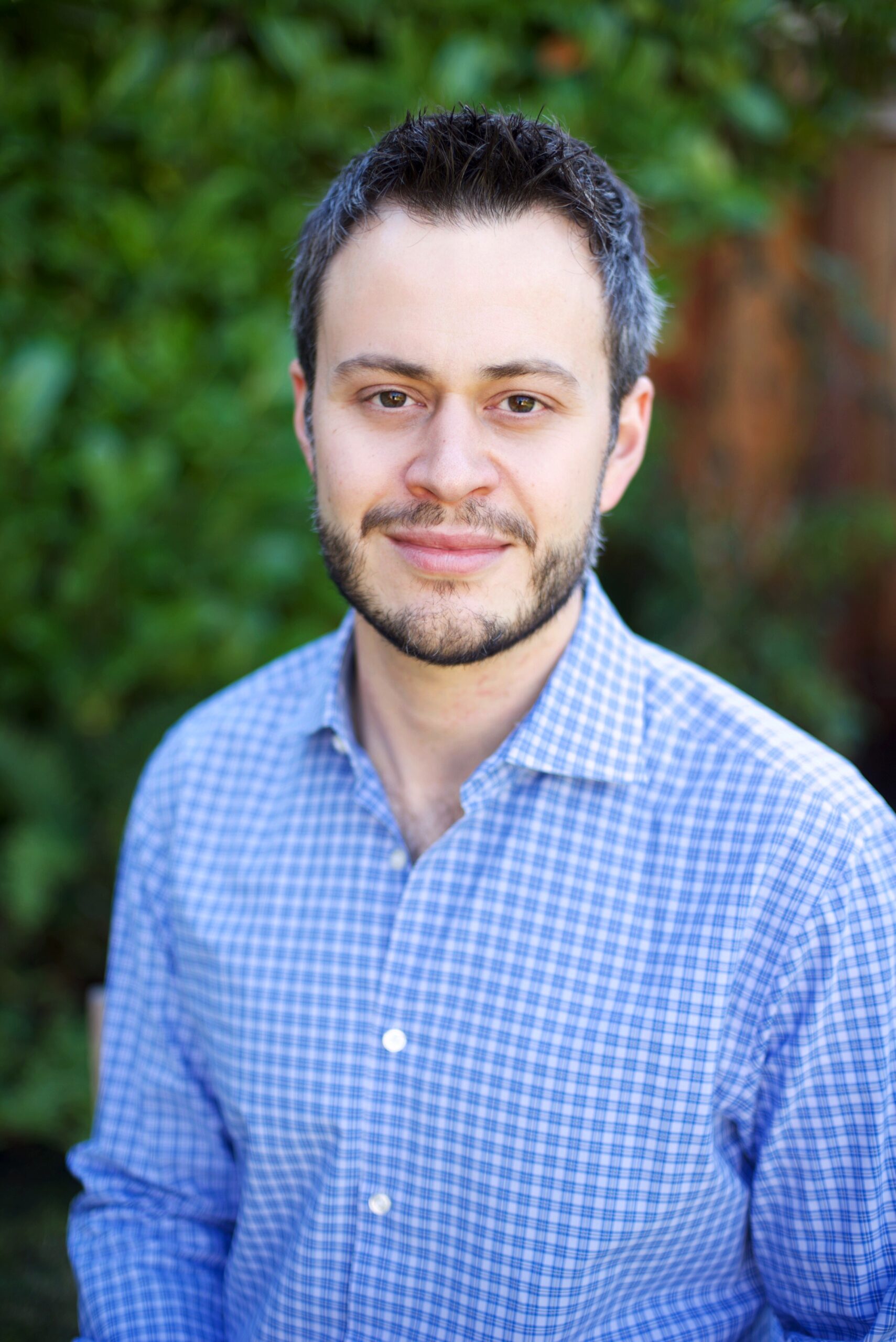
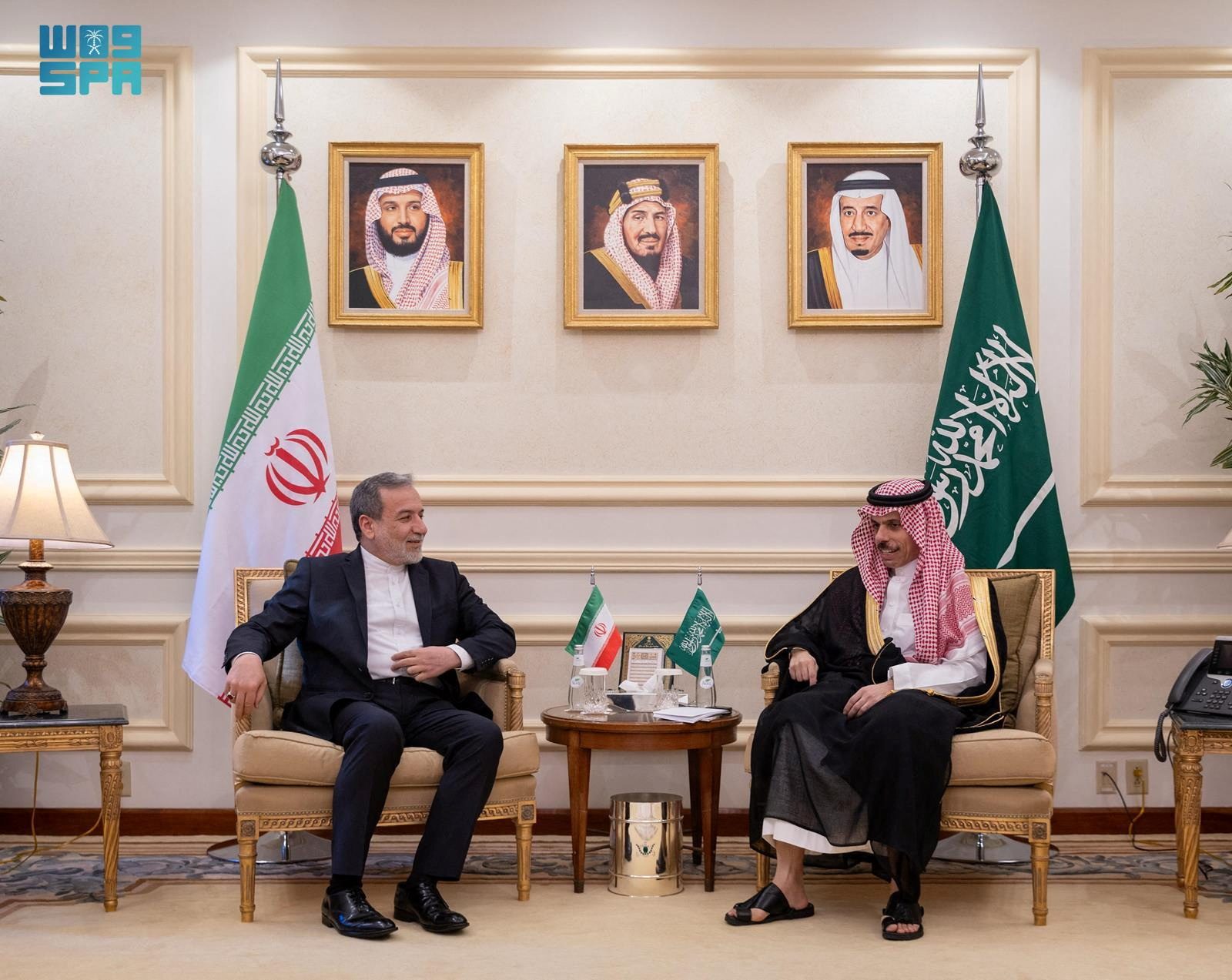
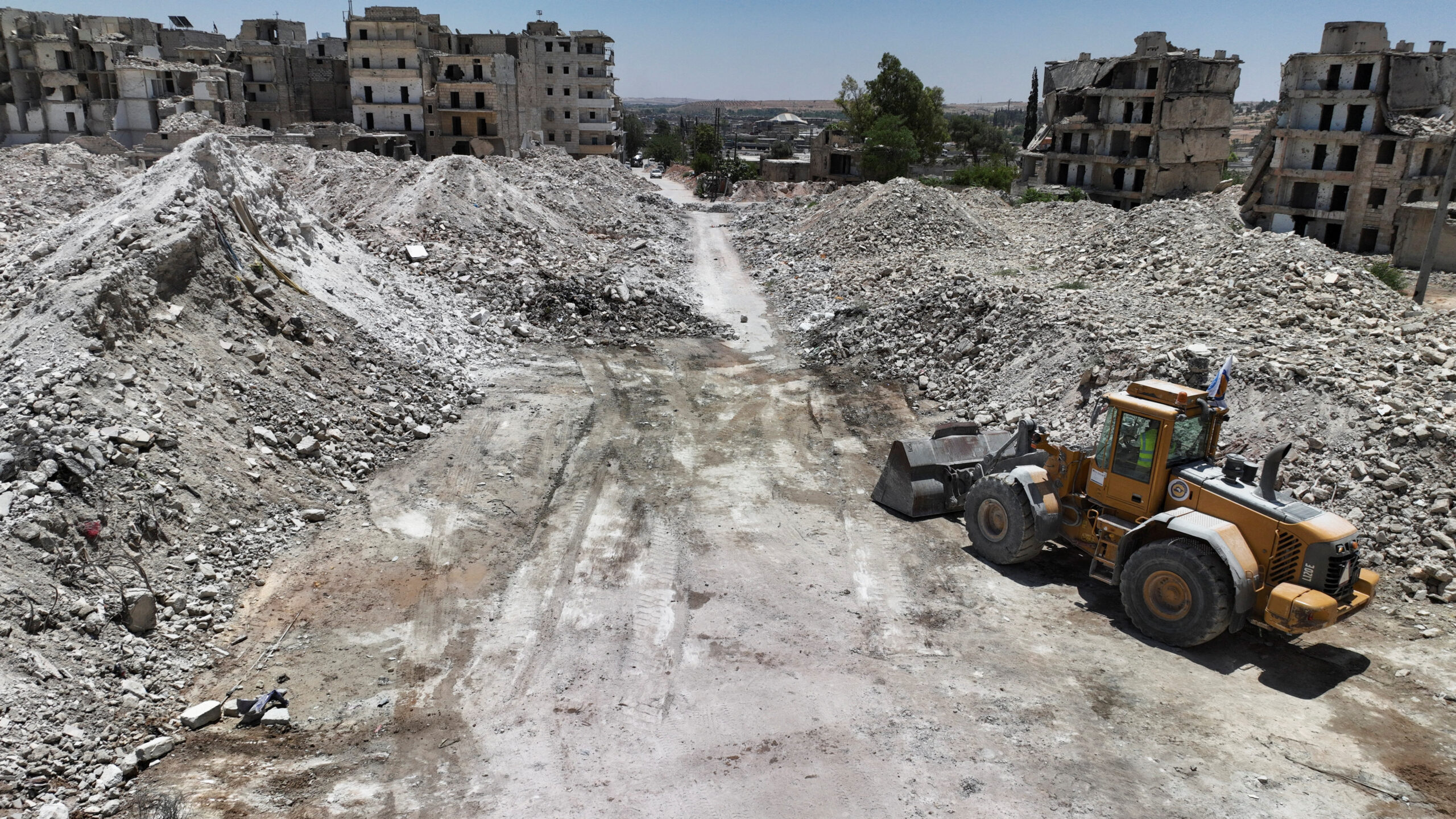



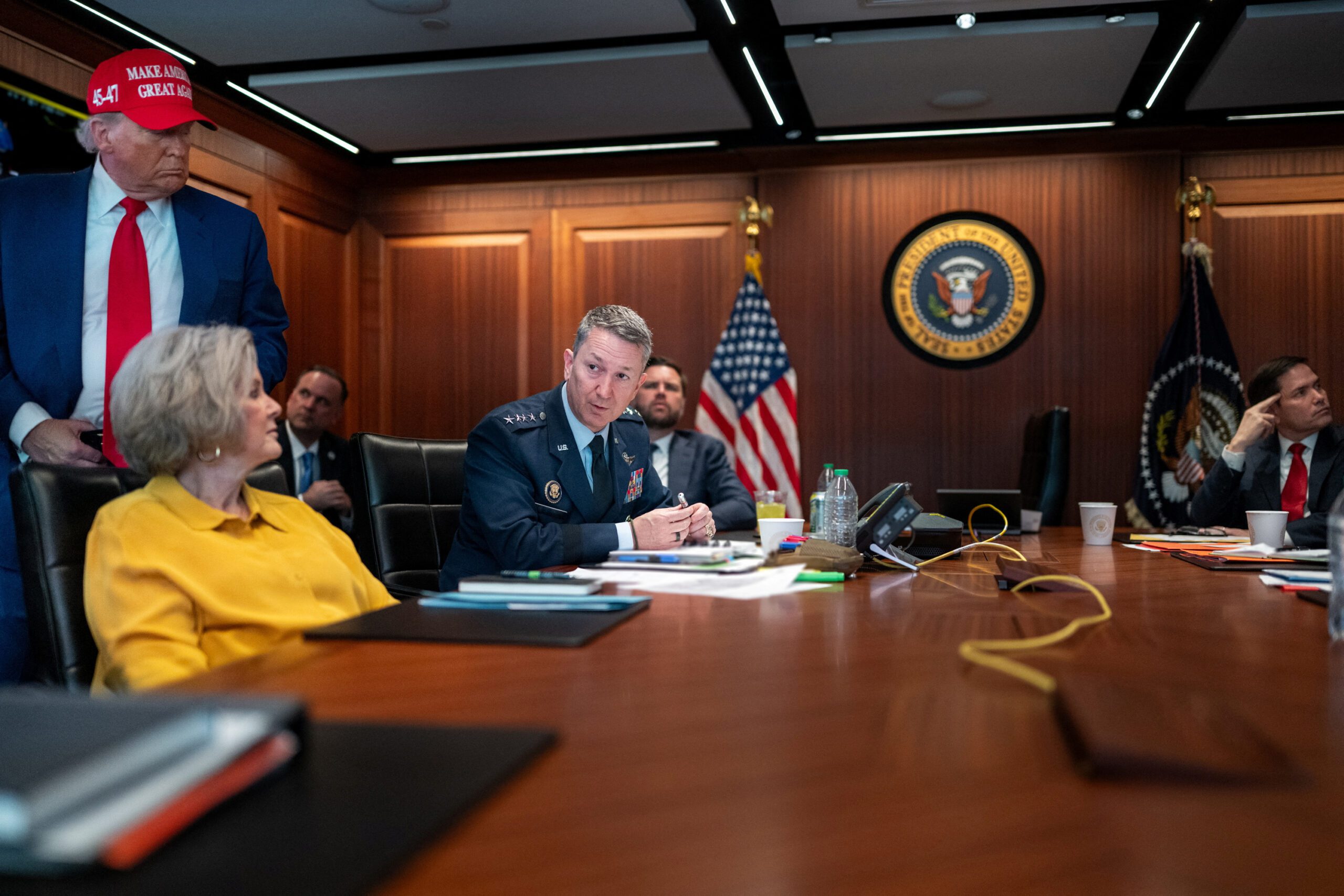
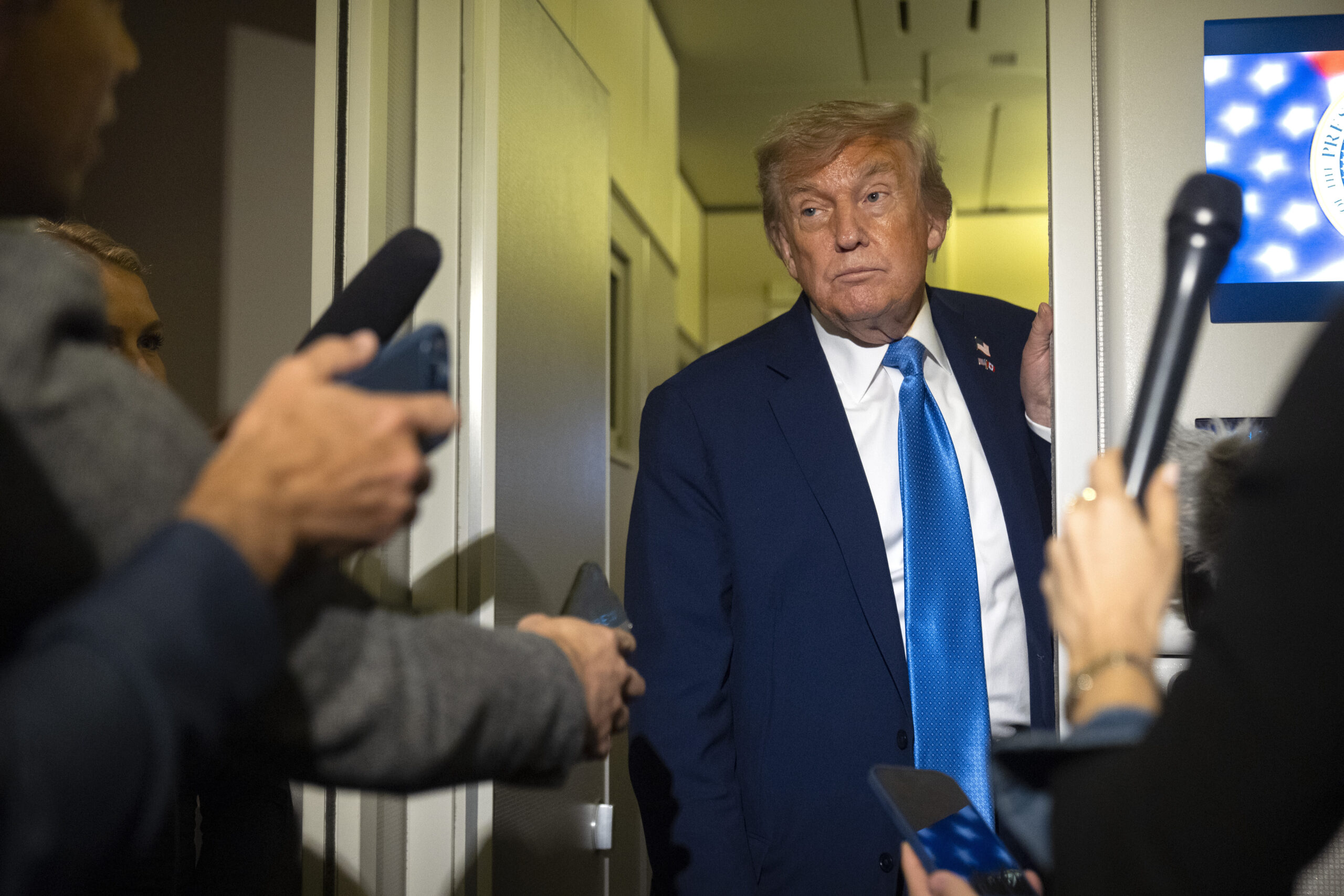
















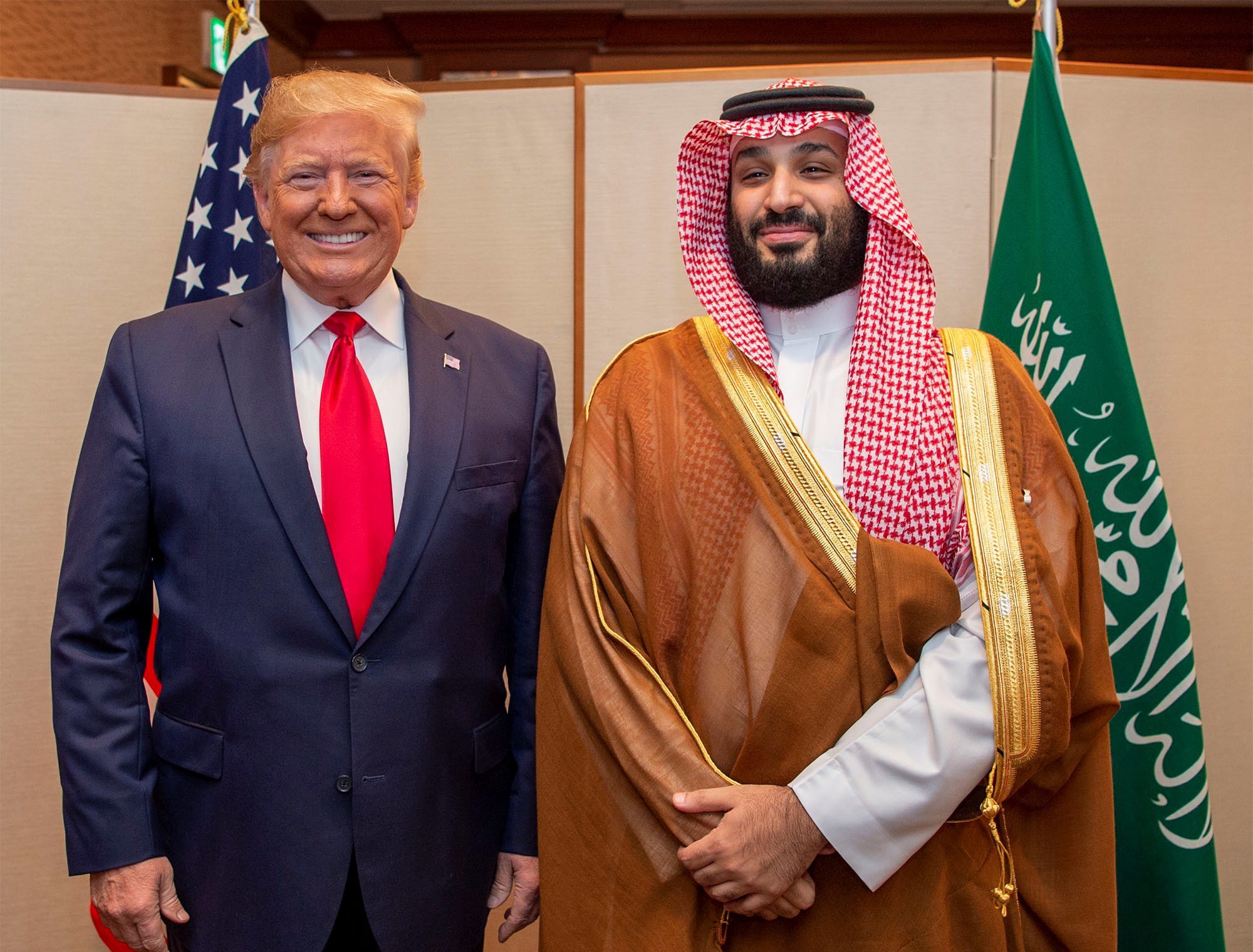

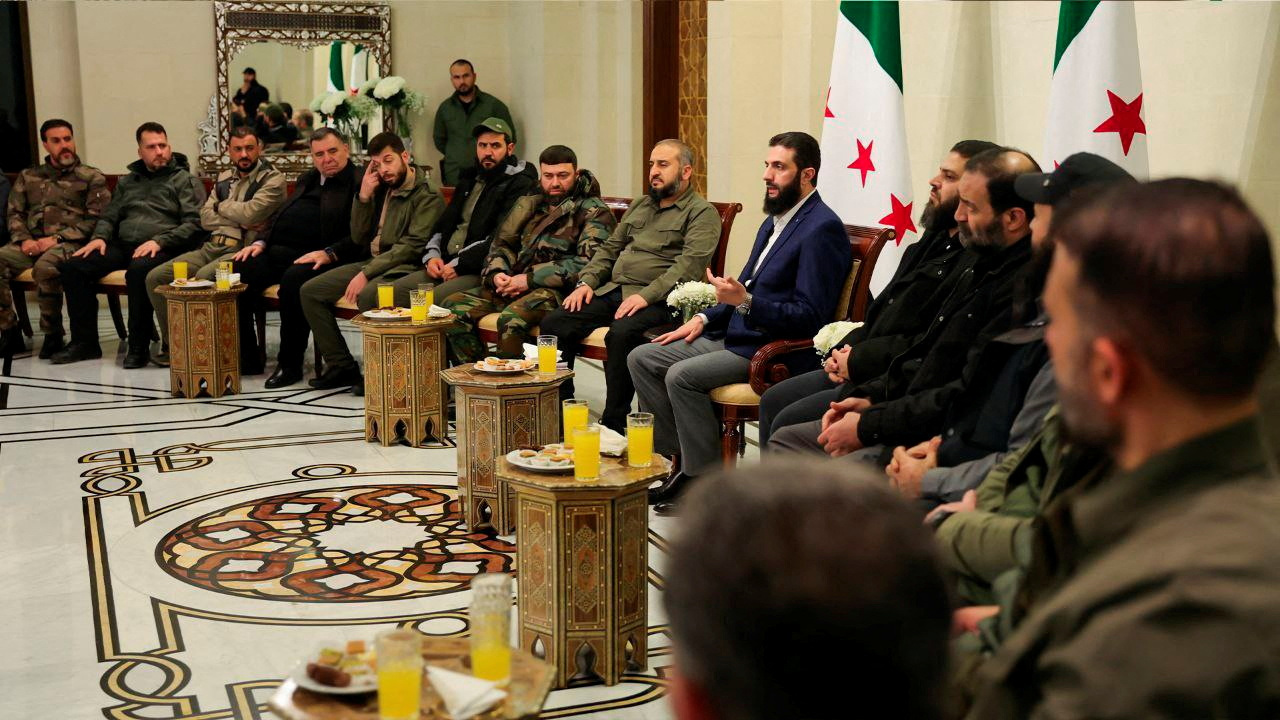

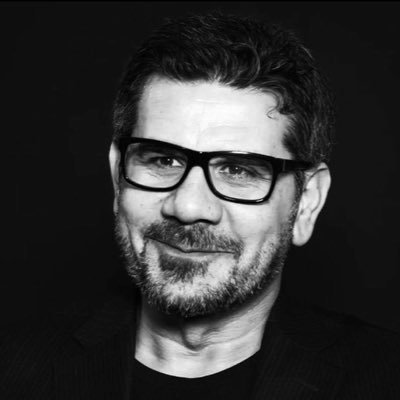
May 15, 2017
How US and UAE priorities are closely aligned
Senior Emirati officials will meet US president Donald Trump this month, with much to discuss. Mr Trump’s first overseas trip begins on May 19, and significantly his first stop is Saudi Arabia. King Salman has invited Sheikh Khalifa, the President, to attend meetings with Mr Trump on May 20, at what will probably be the...
4 min read